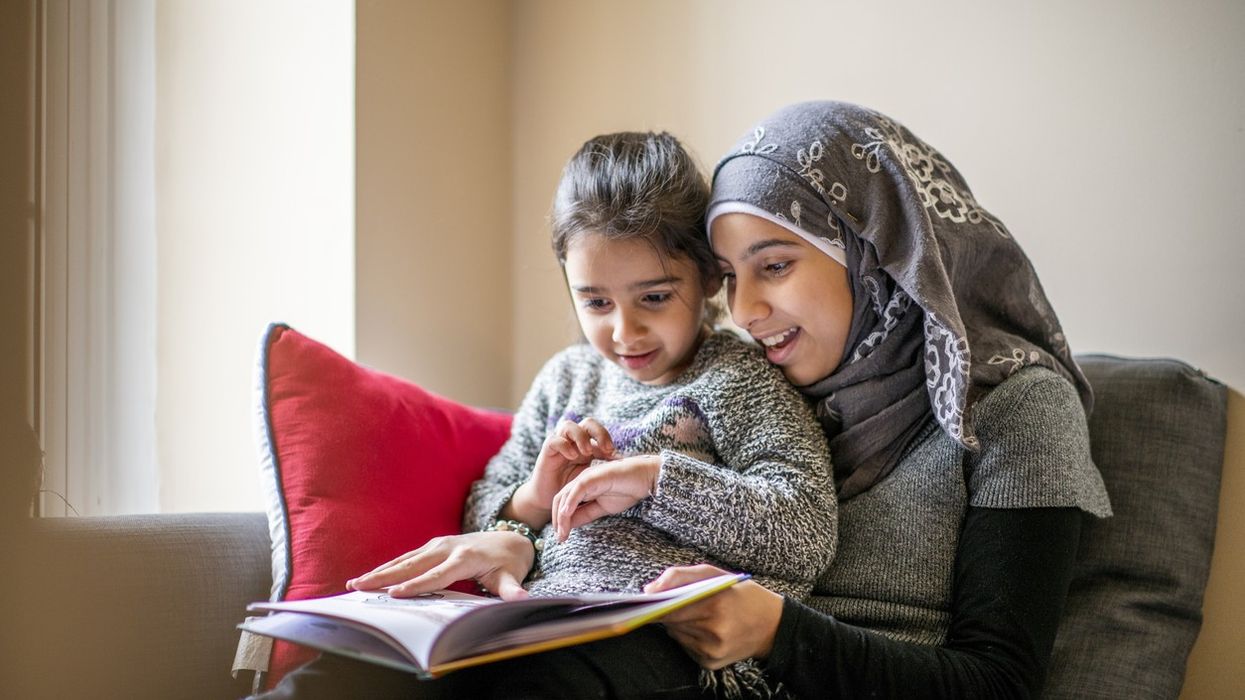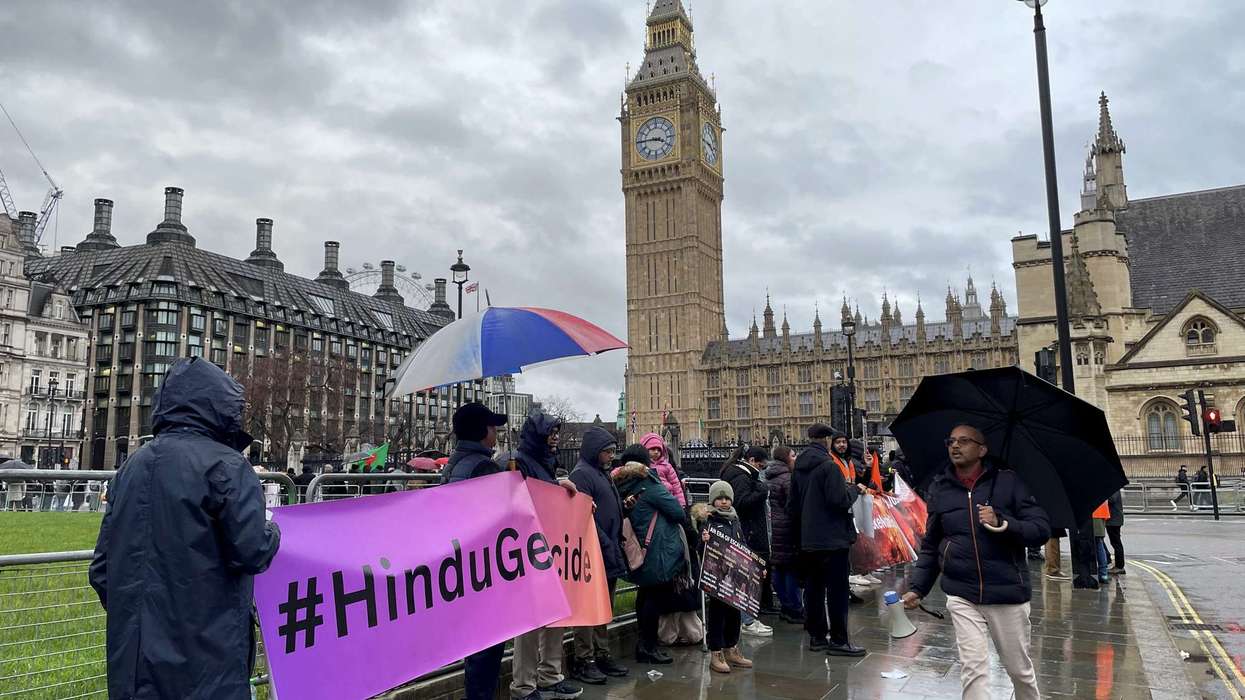ASIAN and black kinship carers “feel abandoned” by services meant to assist them, a new survey has said, as many feeling “overlooked in favour of white relatives”.
Kinship carers are family members or friends who care for a child when their parents are unable to do so.
Statistics indicate that one in five of the 120,000 children in kinship care in England is being cared for by a minority ethnic carer.
A lack of cultural competence and systemic racism within services is failing both kinship carers and the children they are raising, the report found.
Titled Raised by Relatives; The experiences of Black and Asian kinship carers the survey revealed some carers felt their ethnicity or experiences of racism influenced the decisions made by professionals.
“Many of these carers are “feeling abandoned” by the services meant to assist them,” according to the report.
“They reported feeling they had no choice but to take on the responsibility, often making quick decisions with limited information.
“This situation is often exacerbated by financial strain, emotional challenges, and the practical difficulties of raising a child,” the study concluded.
It was based on interviews and assessments with 37 kinship carers from black and Asian communities and was published last month.
Carers revealed that social workers often made assumptions about their support networks, assuming that large extended families automatically equated to readily available support. However, carers often had additional caring responsibilities and faced a gradual disengagement of support from the wider family over time, the report said.
An Asian carer said, “My family is large, and my husband’s family is even bigger. But the issue was that in my community, looking after each other is just the norm. Children’s Services saw my mum and all my sisters helping out, coming and going, and we were always doing things together. The social workers noticed this and assumed, ‘Oh, you’ve got a supportive network, so you’re fine.’ They failed to recognise that my niece needed support. Instead, they just saw it as ‘You’ve got a big family, that typical Asian community.’ One of them even said to me, ‘Many people don’t have that.’ I told them, ‘I don’t care about that. That’s not the point.’”
A British Pakistani aunt said, “They (Children Services) need to stop stereotyping, when they’re doing the assessments of carers with a bigger extended family who have those networks. The networks can break down. There are barriers to those networks. Speak to any Asian family; they’ll tell you there are barriers and stress,”
“The way we’ve been brought up with these extended family strong networks – the stress is ridiculous. I mean, you look at each family; there’s somebody with mental health because of this trauma, depression and adverse childhood experiences.”
One British Indian carer described an incident where professionals objected to her bringing Asian food for her grandsons during contact visits.
“We used to attend the contact centre regularly when we were allowed, and we used to take them our food, our chapati and curry, because they were used to that, and they loved it. A few weeks later, the local authority decided that we shouldn’t be taking food; we should only take a packet of crisps or something because the boys were looking forward to the food too much, and we were not having enough interaction. The boys would ask why haven’t you brought the chapatis and the curry,” she said.
The report also stressed the need for better financial support for kinship carers, recognising the unique role they play.
Additionally, it highlighted the importance of providing culturally appropriate services to address the specific needs of black and Asian kinship carers. The report also recommended improved support for children in kinship care within schools, including measures to prevent bullying.
It also suggested offering support to the birth children of kinship carers, who may also be affected by the changes within their family.
Dr Priya Tah and professor Julie Selwyn from the Rees Centre at the University of Oxford Department of Education, who led the research said, “The report addresses a gap in knowledge, as the research enabled black and Asian kinship carers the space to share their experiences of raising a family member’s child.
“Universally, kinship carers need extra financial support and help to address children’s needs and feel that they are not navigating the challenges on their own. Black and Asian carers’ experiences were intensified by assumptions made by services, the absence of support groups tailored for specific ethnic groups and the impact of systemic racism on the carers and children they were raising.”
Lucy Peake, chief executive of Kinship said, “Our report shows that ethnicity plays a significant role in shaping the challenges and access to support experienced by kinship carers from black and Asian communities.
“It’s vital that we listen to and learn from Black and Asian kinship carers who are often being let down by professionals who fail to understand their specific needs and use the report to improve policy and practice across the sector to better support these families.”





